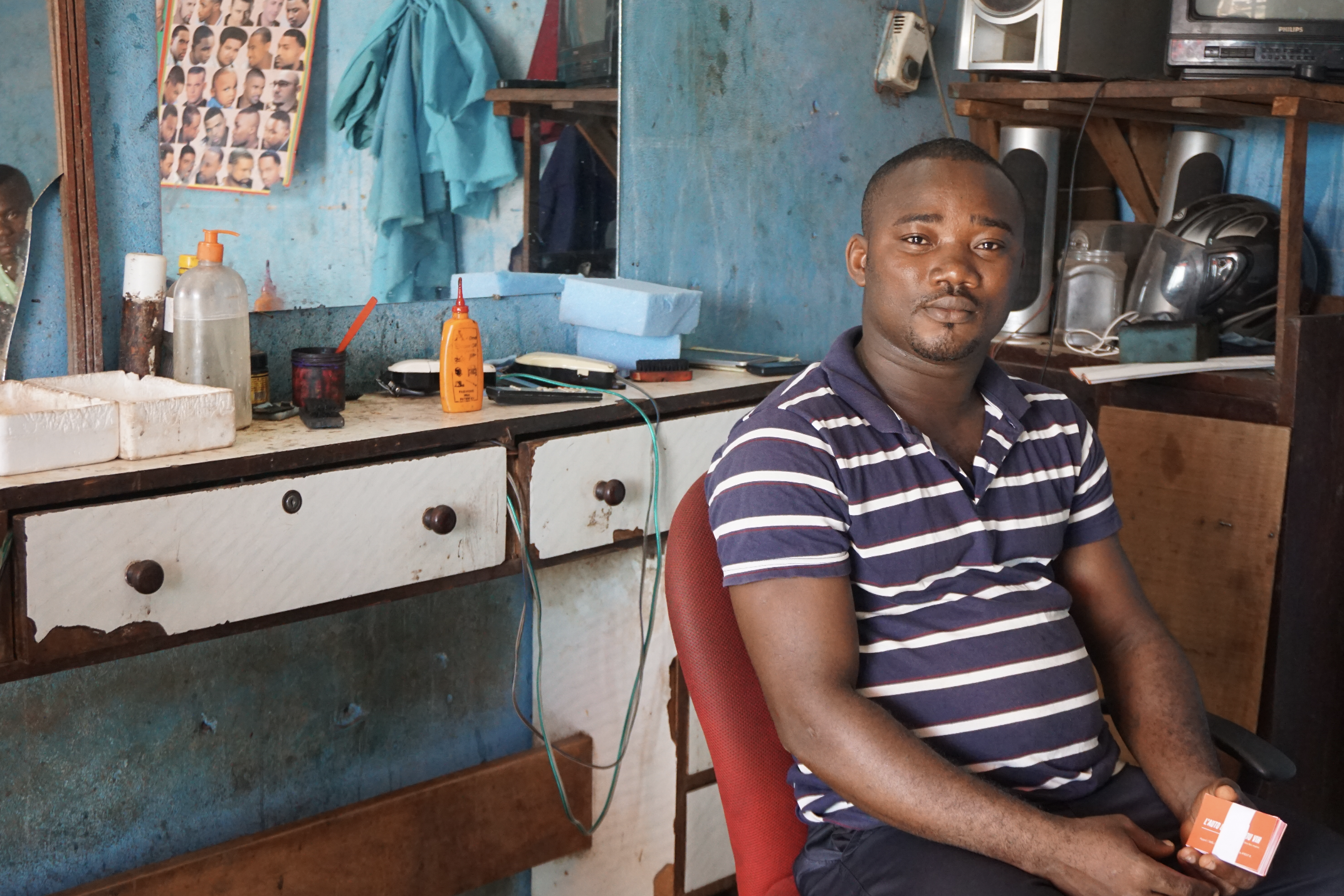
Looking at HIV Treatment with a New Lens
Research suggests that comprehensively considering how HIV threatens many aspects of men’s lives – instead of just their health – could help more men initiate antiretroviral therapy (ART).

Research suggests that comprehensively considering how HIV threatens many aspects of men’s lives – instead of just their health – could help more men initiate antiretroviral therapy (ART).
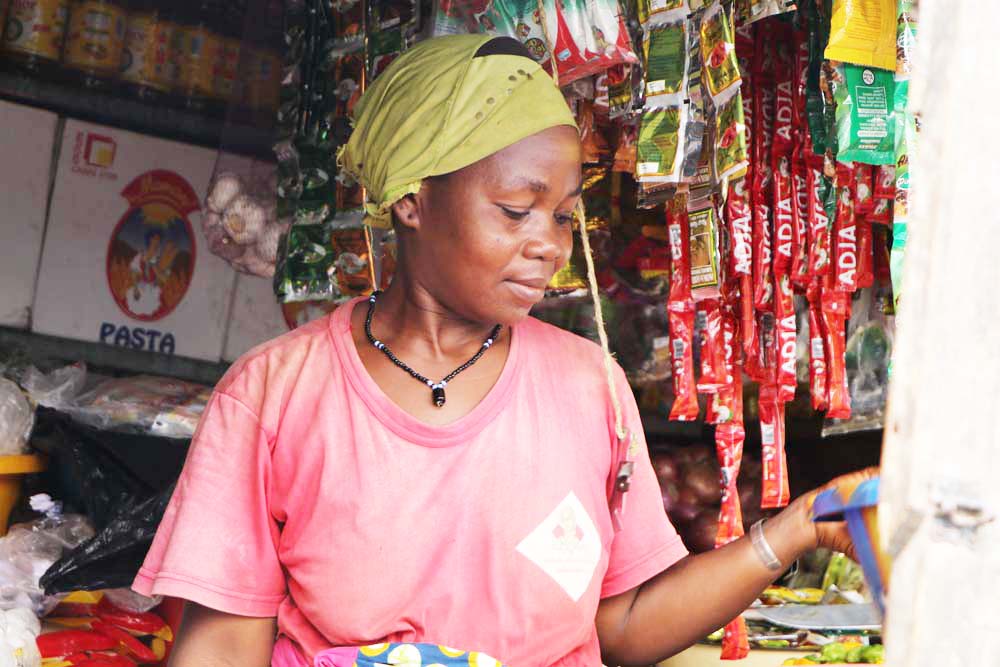
CCP, which leads a successful program designed to prevent HIV in adolescents and young women, has created a new program for women over 30.
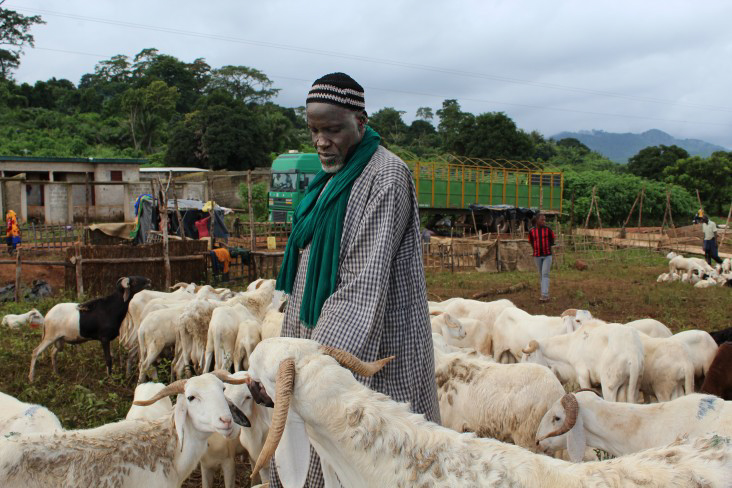
In Cote d’Ivoire, CCP’s research is designed to develop messaging that would help prevent the spread of the next outbreak of a zoonotic disease in West Africa – that is, a disease that can be spread from animals to humans.
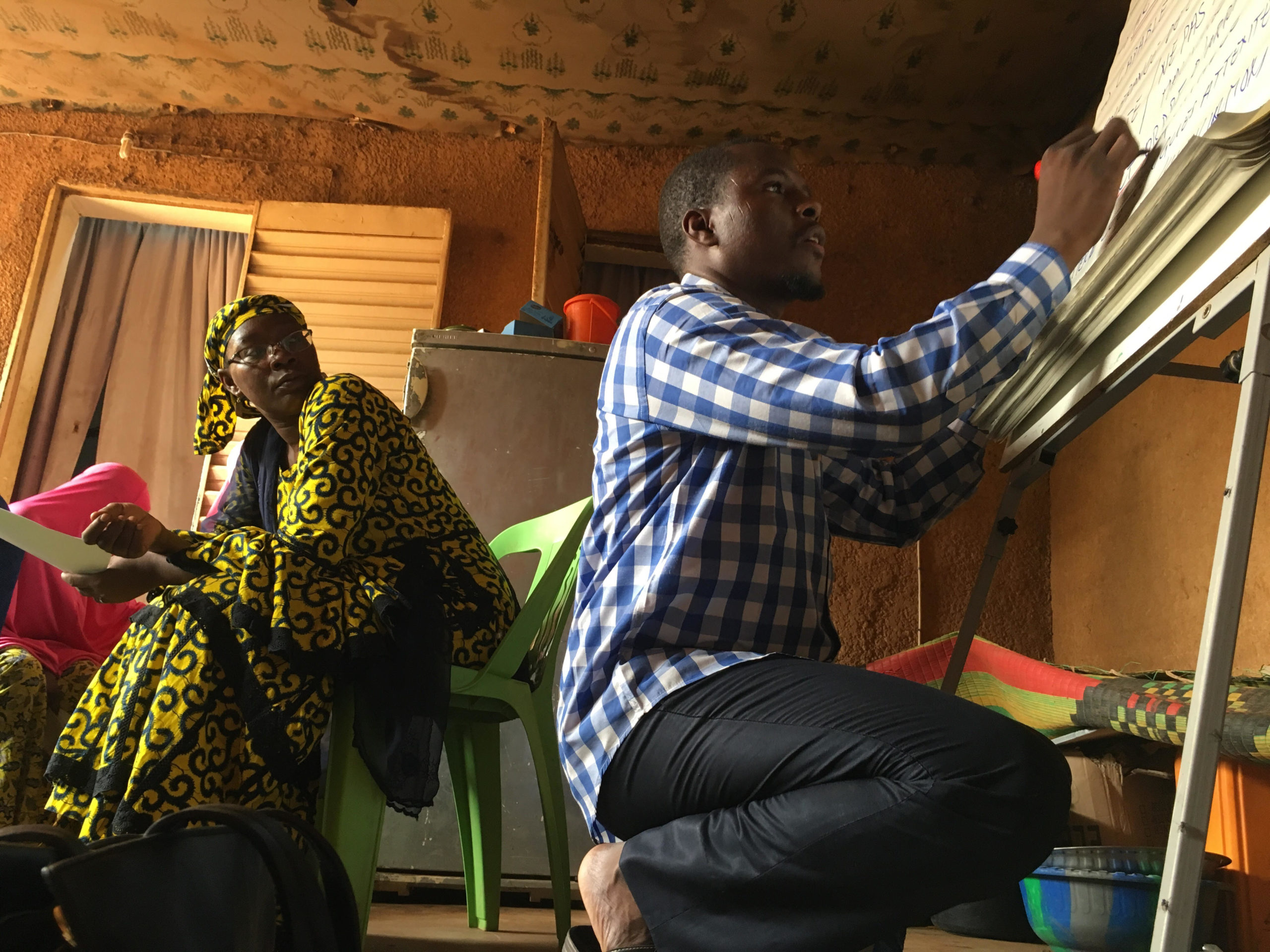
A CCP-led research team in West Africa is exploring a new question: If people do travel to the nearest family planning clinic, do they have confidence that they’ll receive quality care?

“Understanding the perspective of men is critical to tailoring health communication and clinical services to meet their needs,” says CCP’s Natalie Tibbels. Her research is published in the journal PLOS ONE.
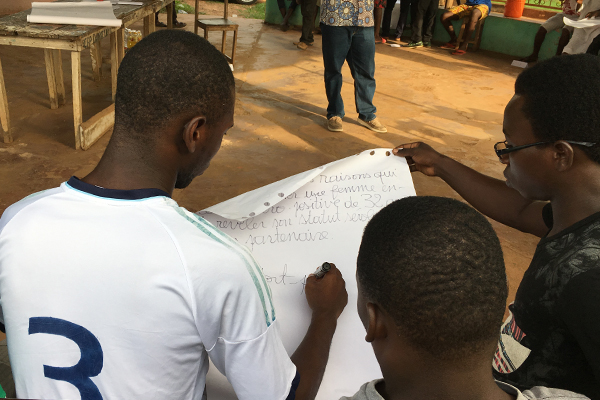
An evaluation of CCP’s Brothers for Life program in Cote d’Ivoire finds that it was successful in getting at-risk men tested for HIV and, if diagnosed with the virus, treated with antiretroviral therapy.
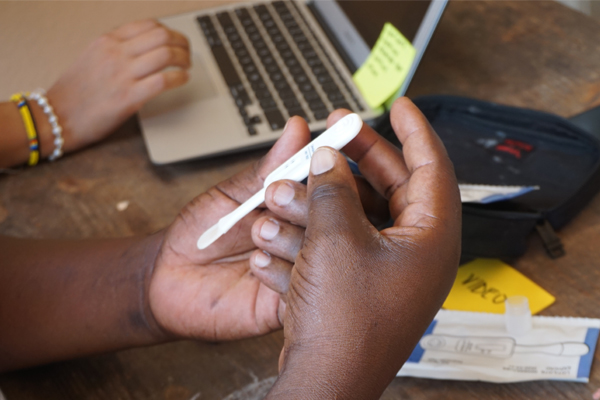
“Many men are not going into the health centers. Somehow you need to bring the test to them,” says CCP’s Danielle Naugle. “We need to make it as easy as possible for them to be tested.”
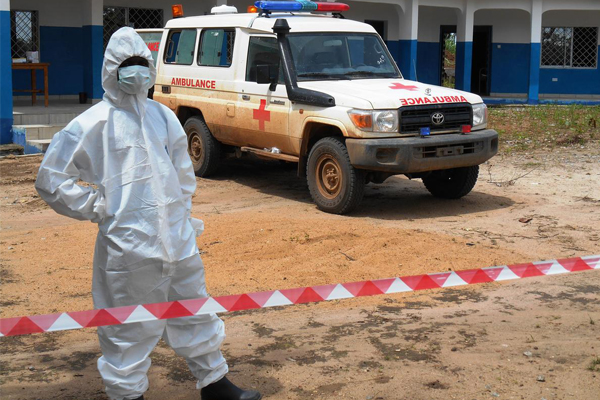
Sometimes communication is all we have to effectively respond in real time to emergency health threats such as the Nipah virus in India, writes CCP’s Executive Director Susan Krenn.
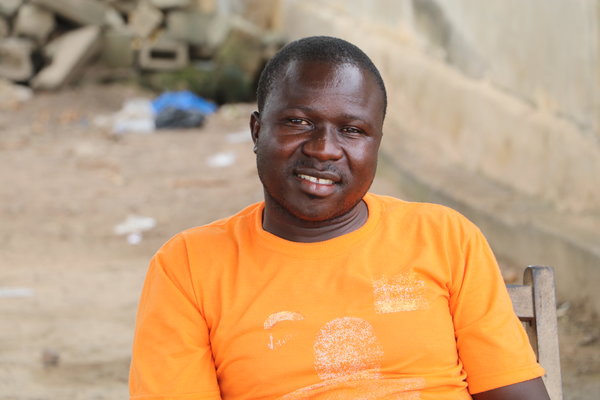
Men in Cote d’Ivoire aren’t being tested for HIV because they are afraid of what the impact of a positive result would be on not only their health, but their family, work, social status and sexuality. But being tested is the only way to get treated — and reduce the risk of the spread of the virus.
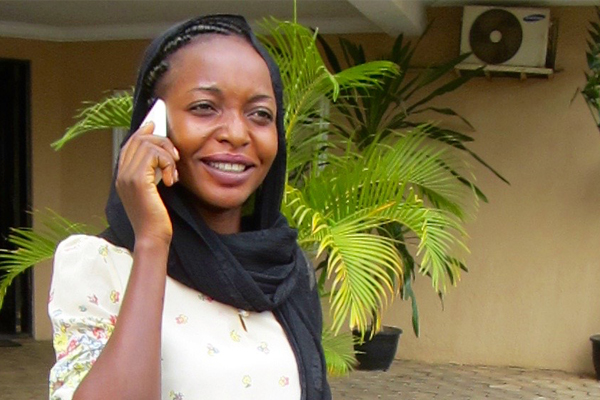
The same phone technology that allows us to “press 1 to make a same-day appointment” can be used to get spouses in Africa to talk to each other about family planning and increase the use of modern contraception.
Receive the latest news and updates, tools, events and job postings in your inbox every month